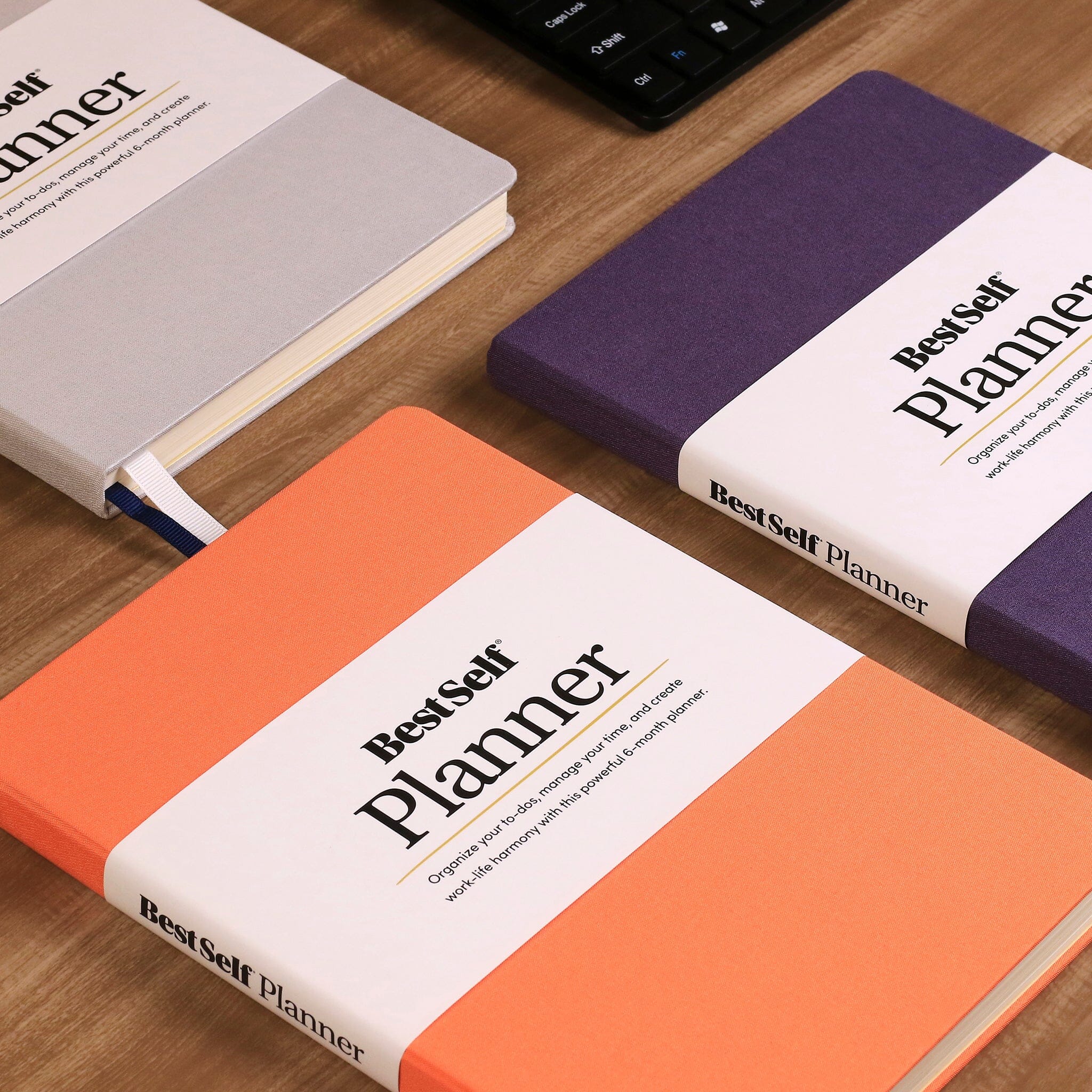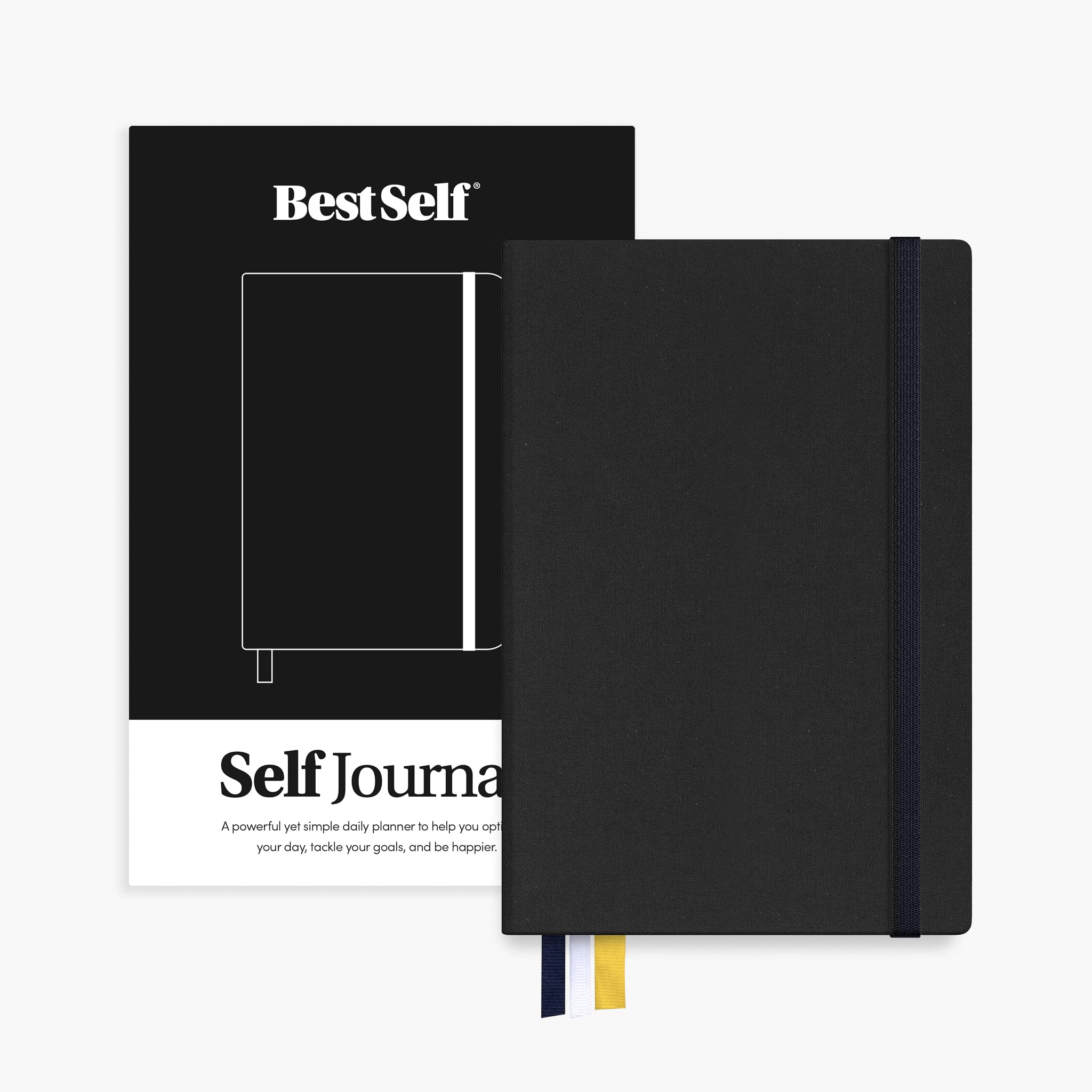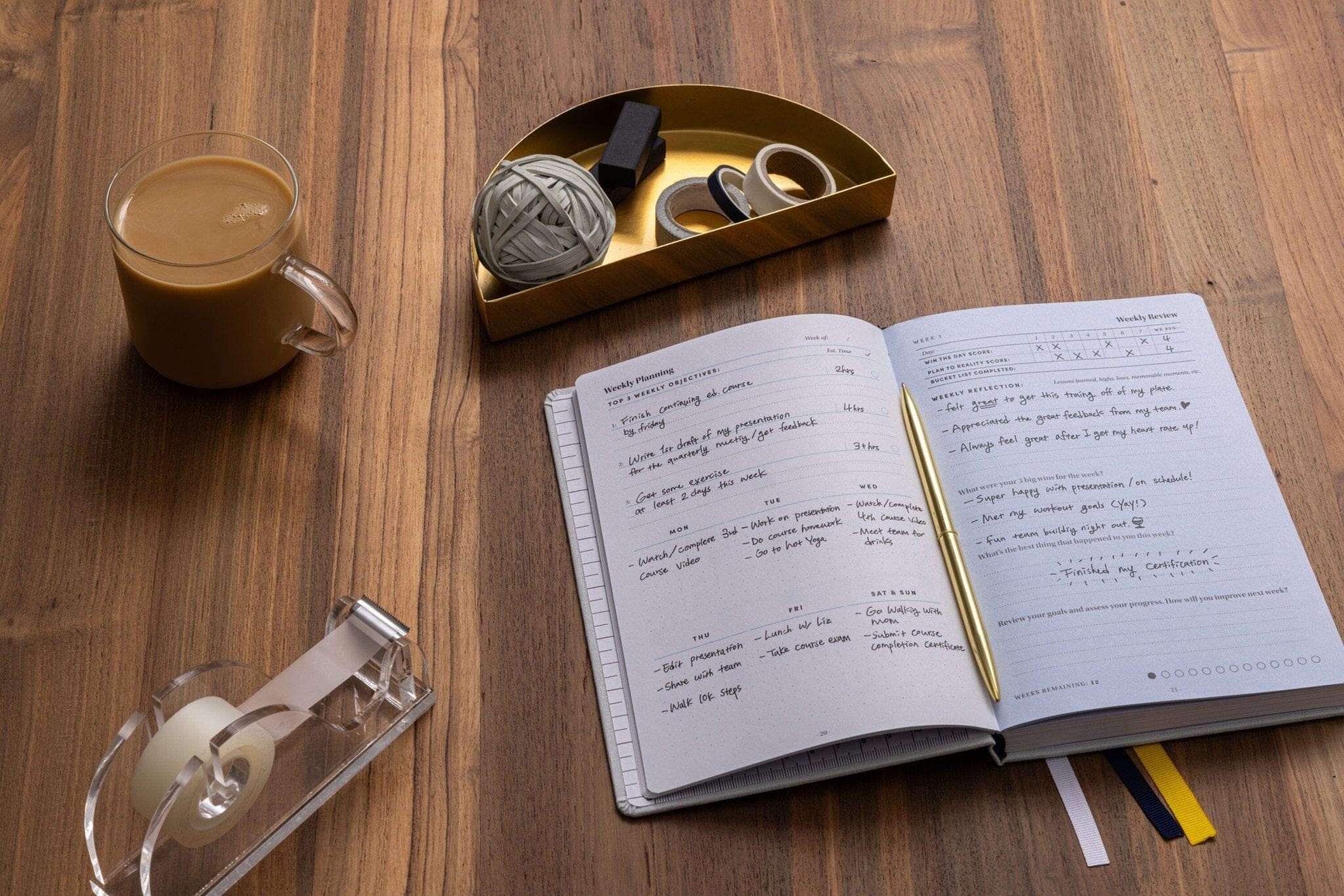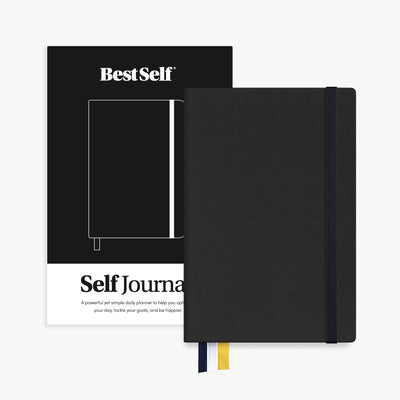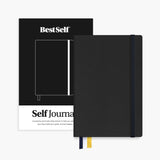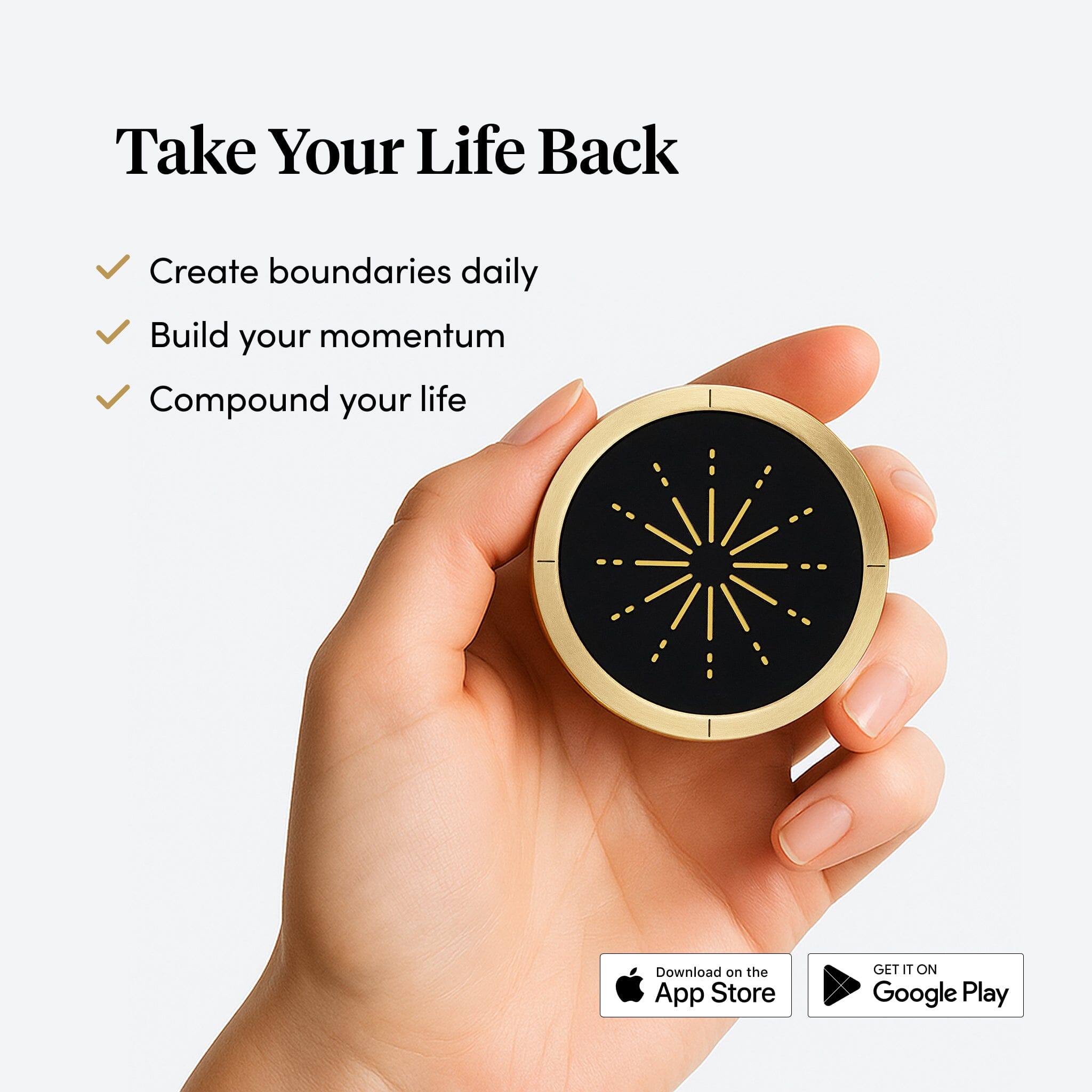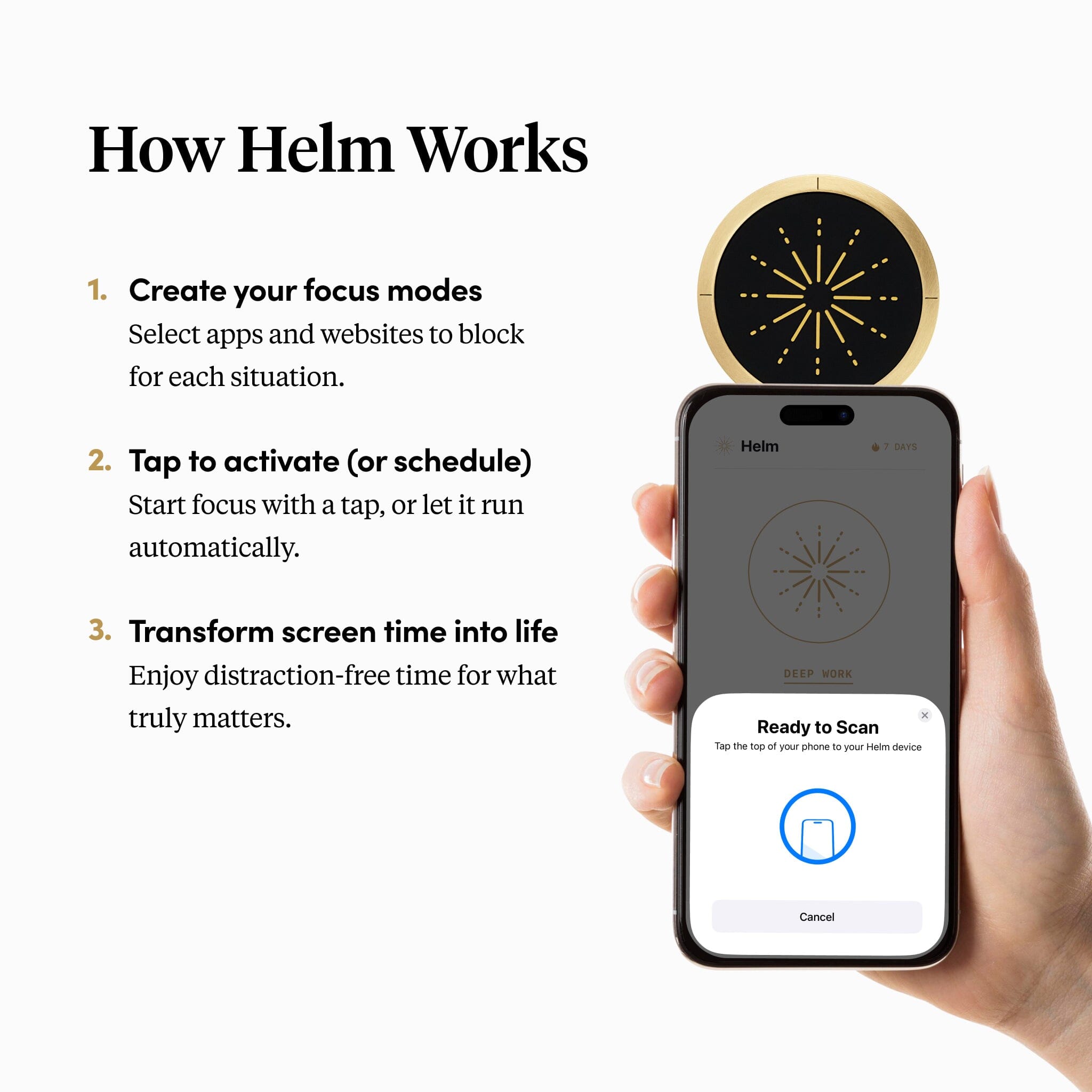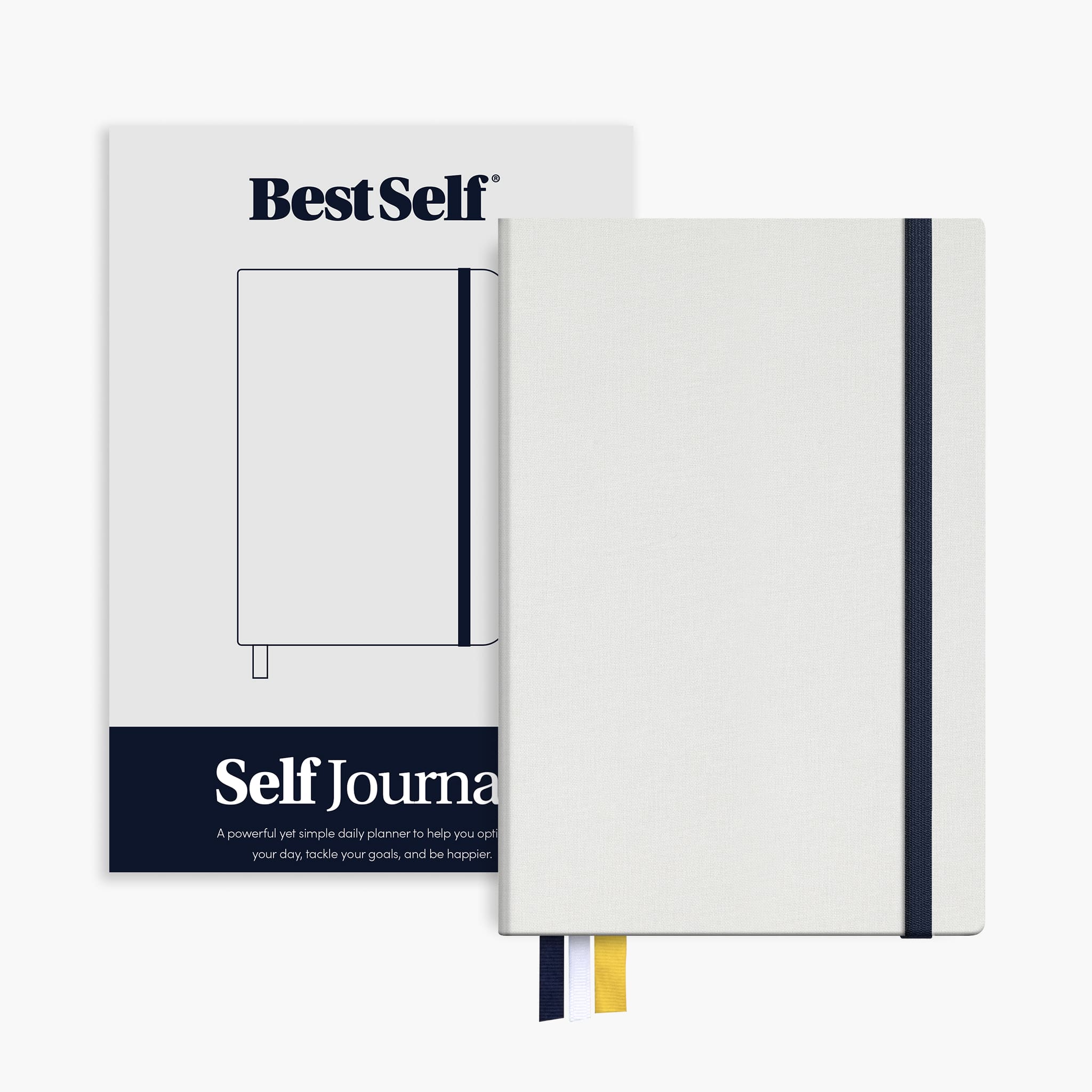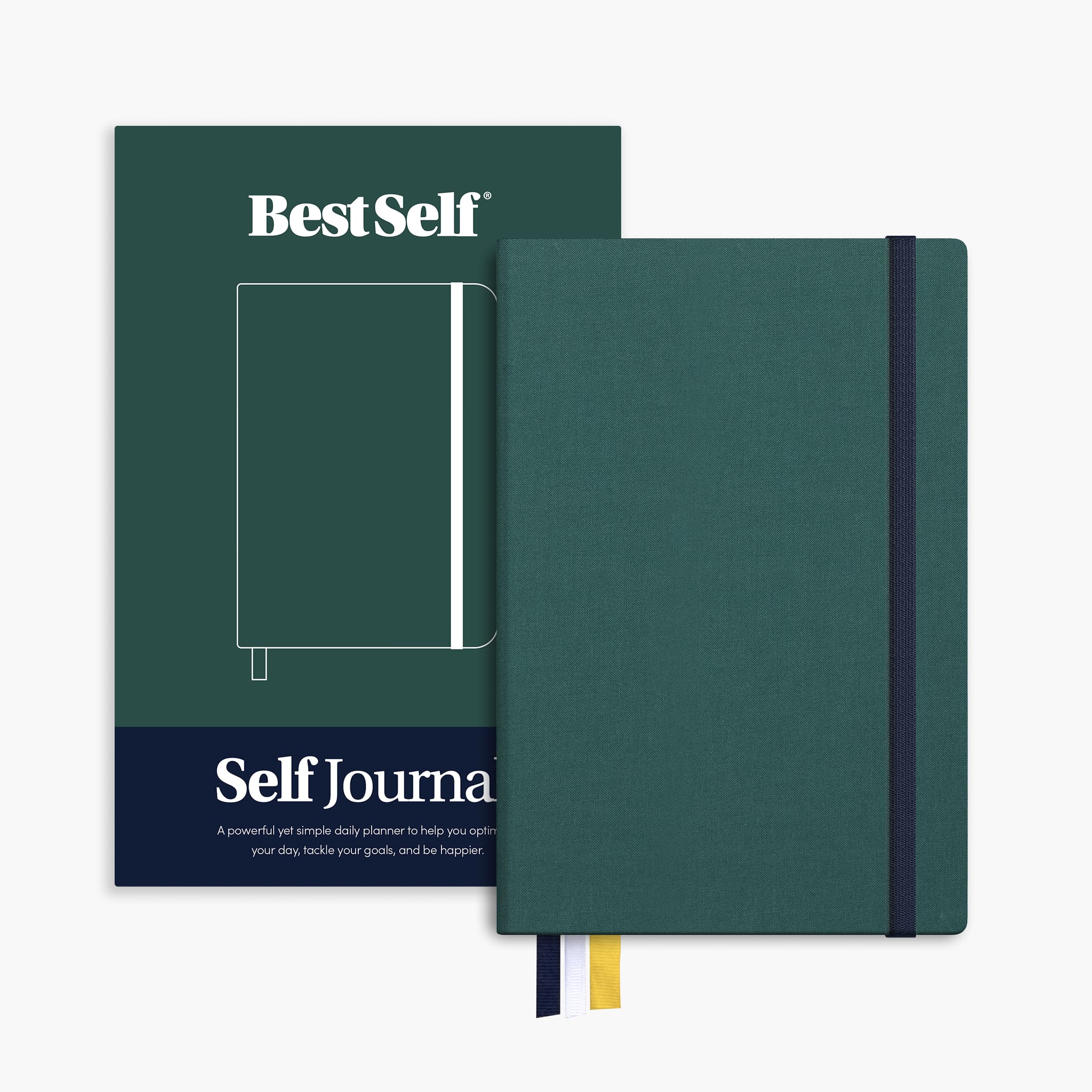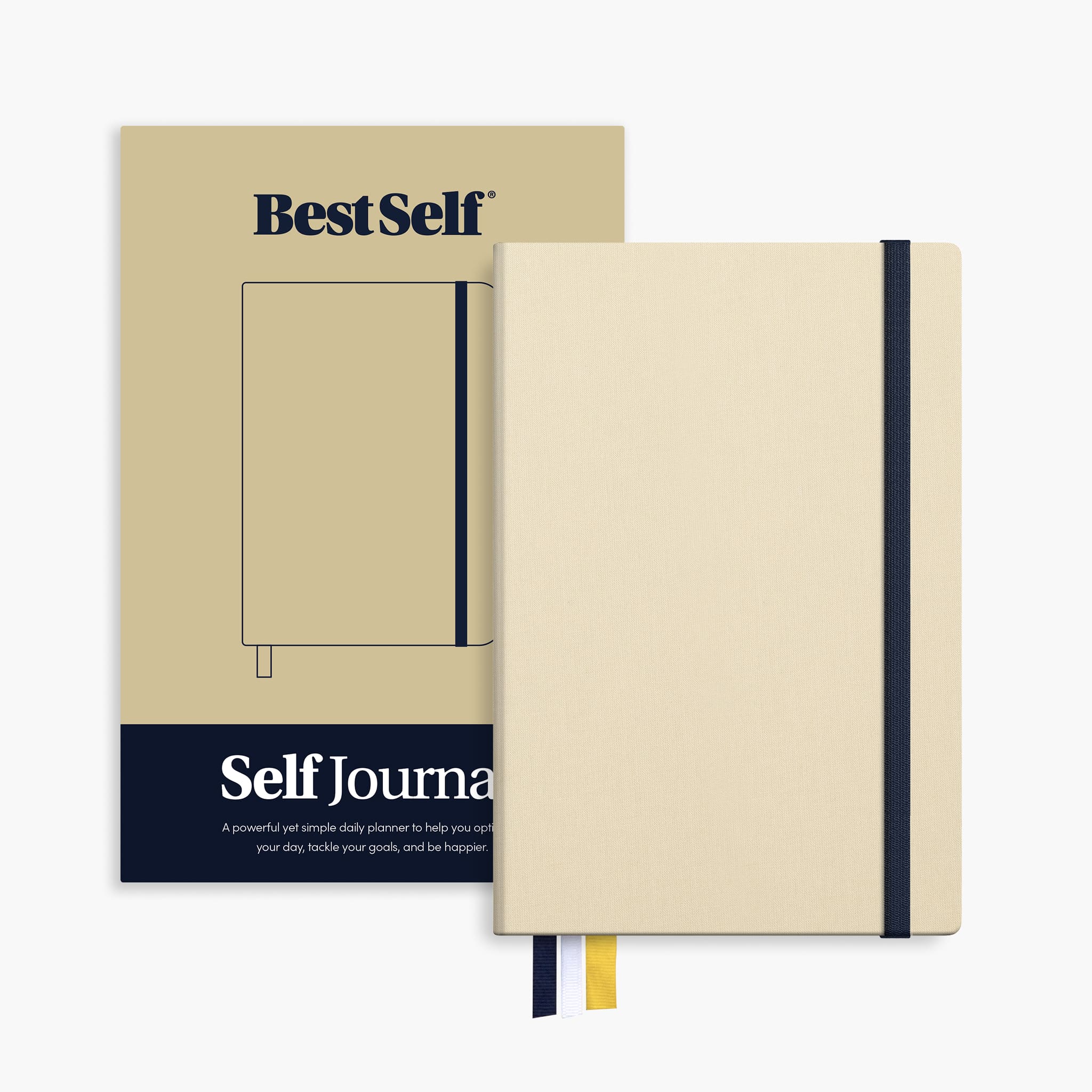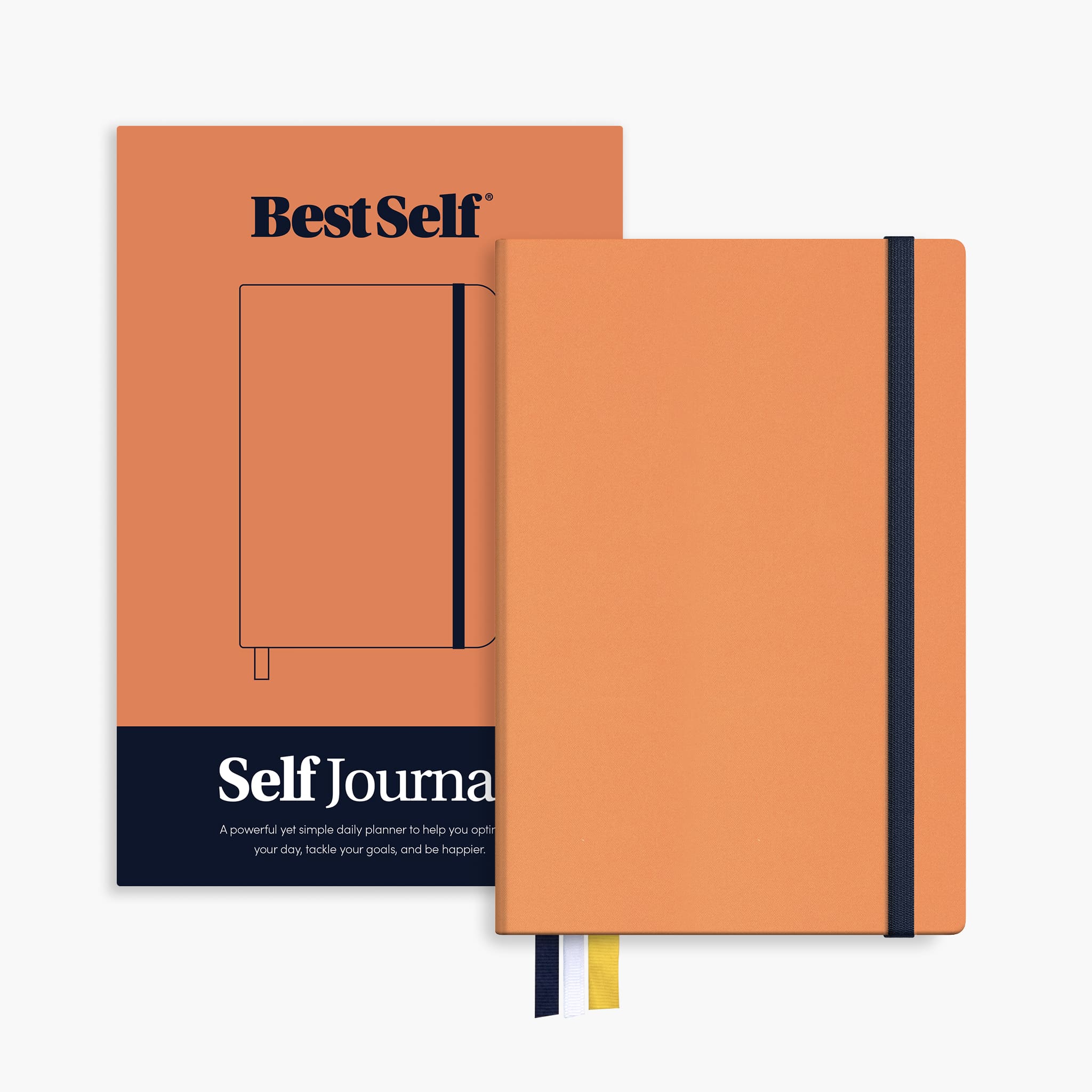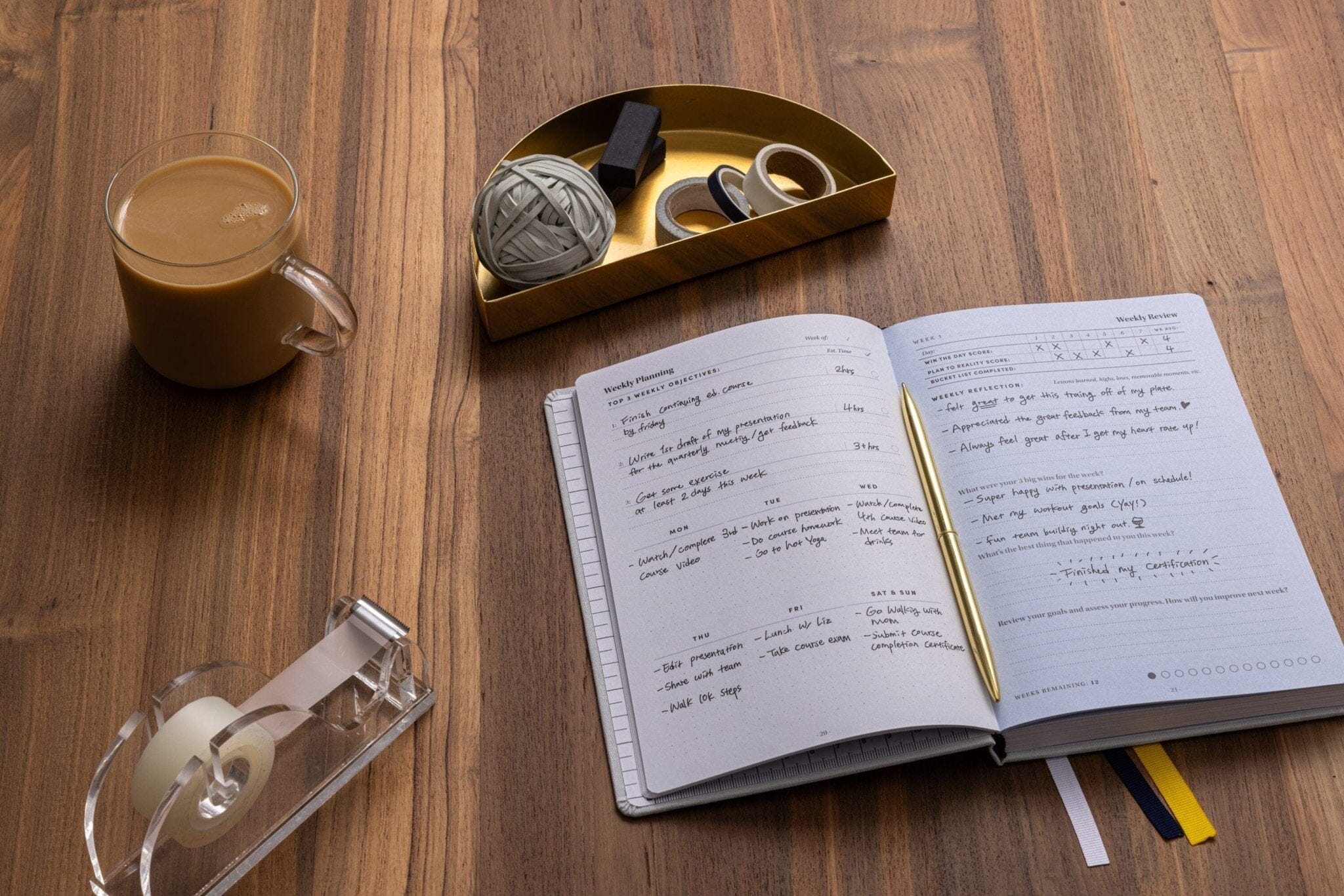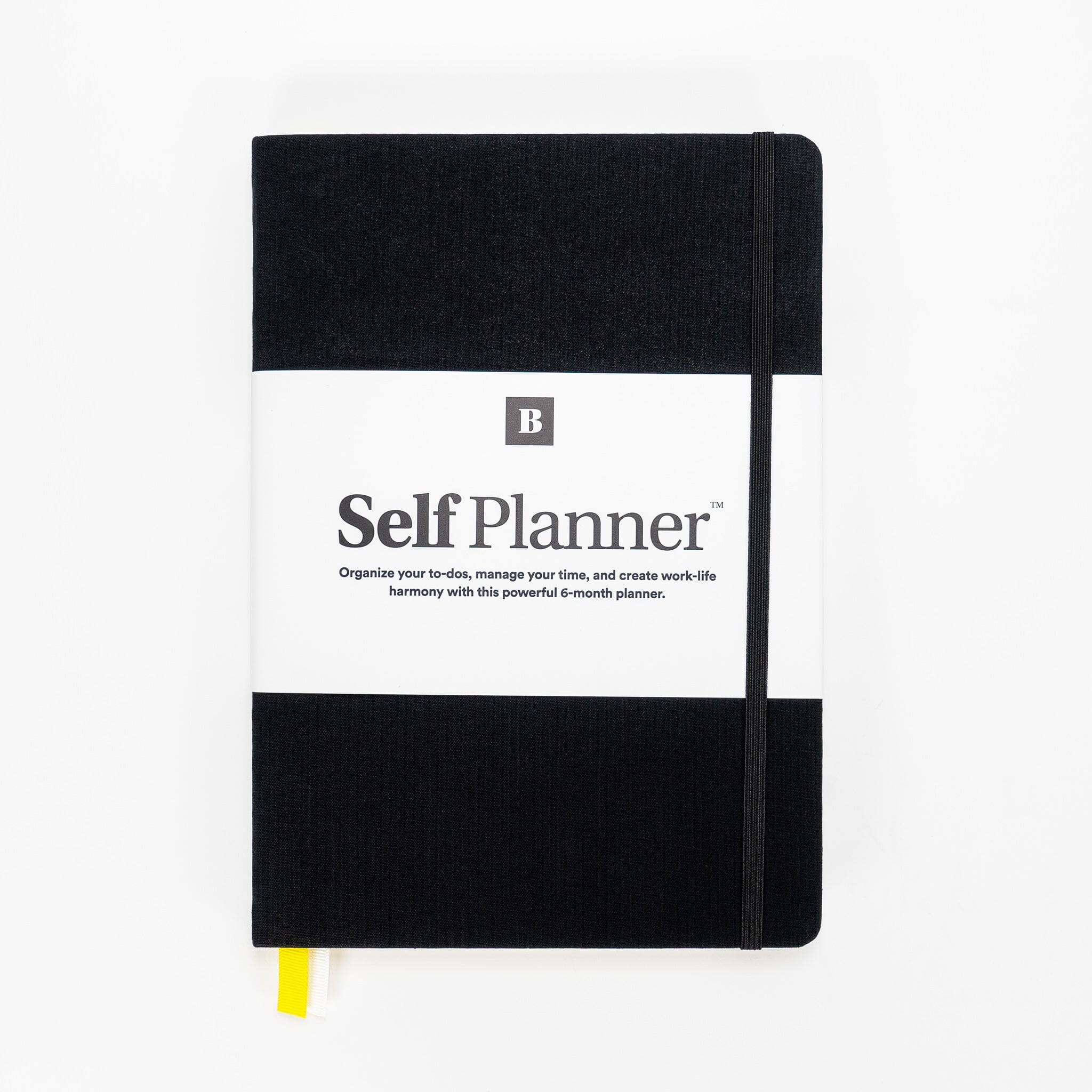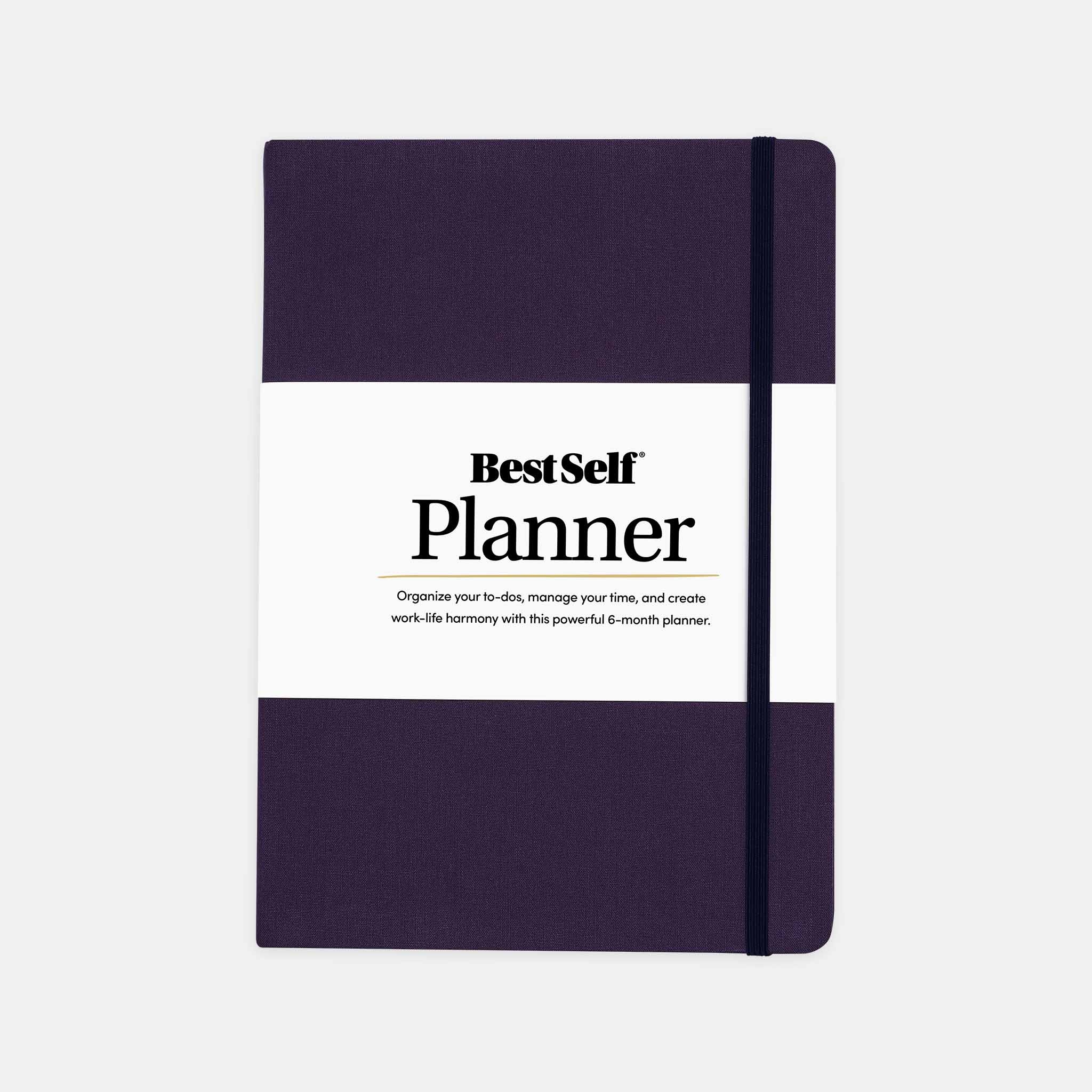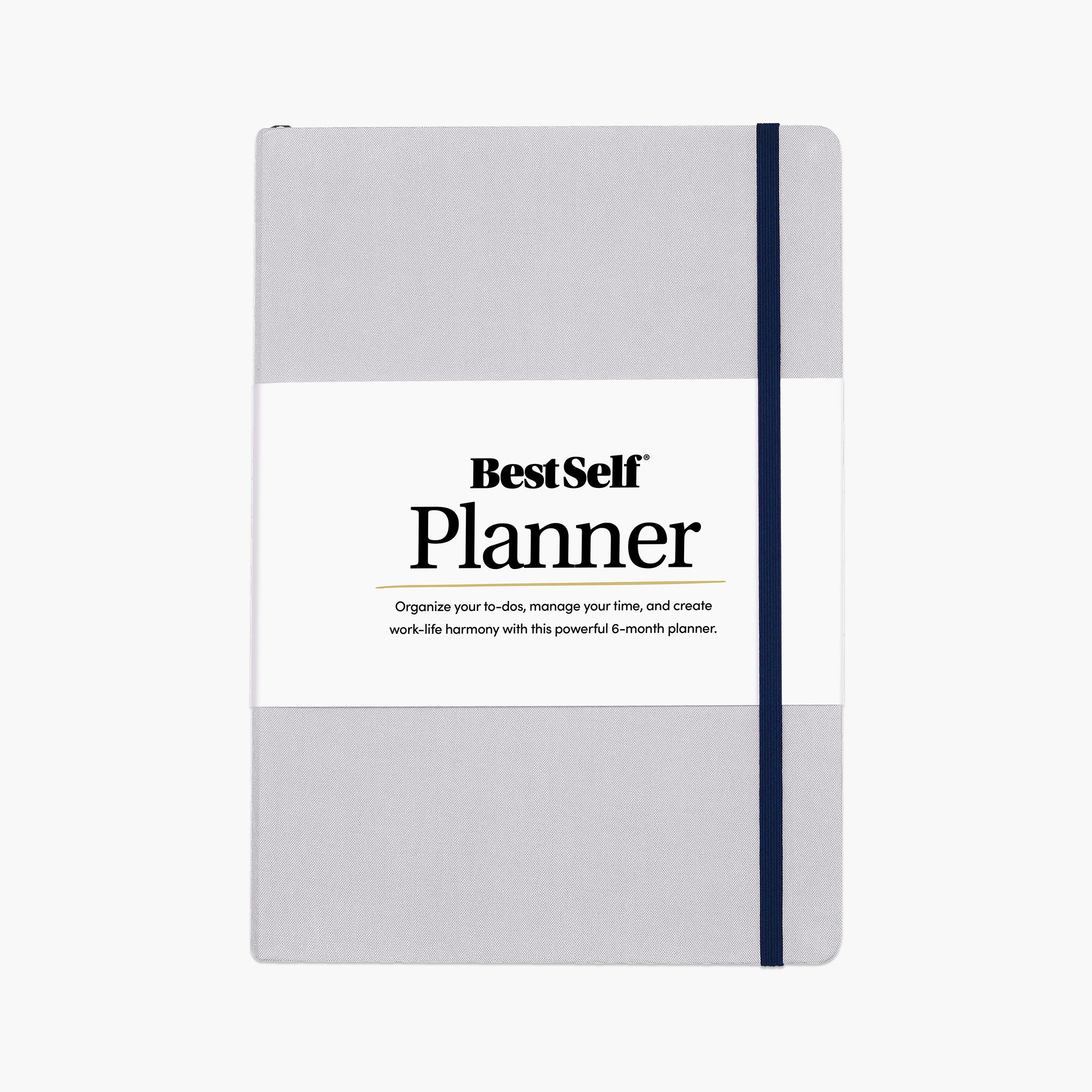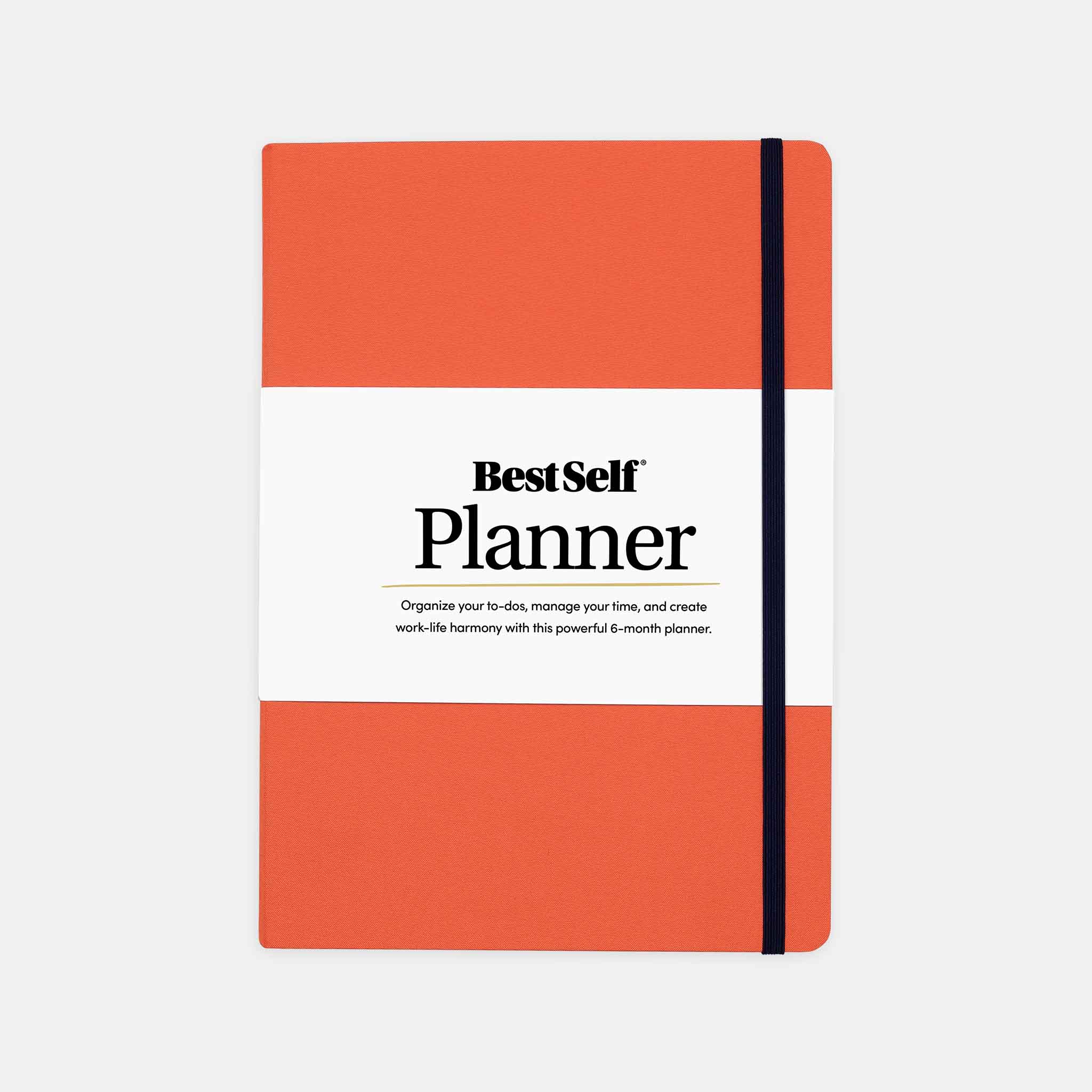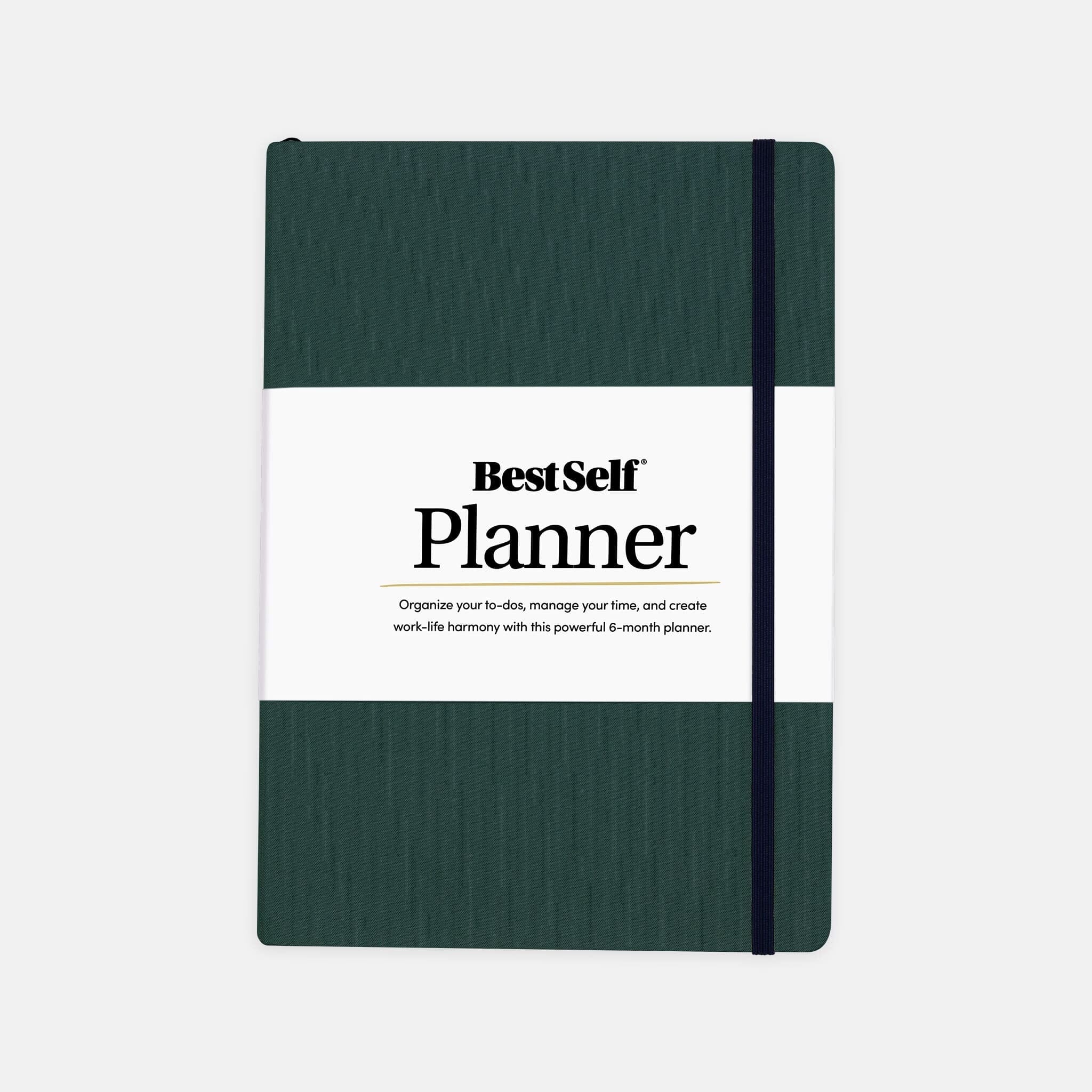Picture this: You're staring at your to-do list, coffee in hand, wondering how some people seem to accomplish twice as much in the same 24 hours. We've all been there. The good news? Science has uncovered why certain people consistently achieve more – and it's not about working longer hours or sacrificing your sanity.
Whether you're a busy professional juggling multiple projects, an entrepreneur building your dream business, or simply someone who wants to make the most of each day, the latest research in productivity science offers a roadmap to working smarter, not harder. And the best part? These aren't just theory – they're practical strategies you can start using today.
In this article, we will explore proven productivity tips, backed by science, to help you become more efficient. These strategies are simple to adopt and can make a real impact on how you manage your time and tasks. Get ready to take your productivity to the next level!
The Power of Deep Work
Deep work refers to focused, uninterrupted work periods where you concentrate on a challenging task without distractions. This concept, popularized by Cal Newport, is supported by research showing that deep work leads to higher-quality work and better productivity.
Remember the last time you were so absorbed in a task that hours flew by like minutes? That's deep work in action – those golden periods of uninterrupted focus where your best work seems to flow effortlessly. Think of it as the difference between paddling in the shallow end and diving deep into the ocean of productivity.
1. Eliminate Distractions: To achieve deep work, minimize interruptions. Turn off notifications, close irrelevant tabs, and create a quiet workspace.
2. Set Clear Goals: Know what you want to achieve before starting. Having a clear objective makes it easier to stay focused.
3. Time Blocking: Allocate specific blocks of time for deep work in your schedule. This helps ensure dedicated periods for focused work.
4. Take Breaks: After a session of deep work, take short breaks to rest your mind. This keeps your mental energy high and prevents burnout.
Adopting deep work can significantly boost your productivity. By concentrating fully on important tasks, you'll accomplish more in less time.
The Eisenhower Matrix for Prioritization
The Eisenhower Matrix, named after President Dwight D. Eisenhower, is a prioritization tool that helps you decide what tasks to focus on. It divides tasks into four categories based on urgency and importance:
1. Important and Urgent: These tasks need immediate attention. Examples include crises and deadlines.
2. Important but Not Urgent: Tasks that are important for long-term success but don't need immediate action. Examples include planning and goal setting.
3. Urgent but Not Important: Tasks that require quick action but don't contribute to your long-term goals. Examples include interruptions and mundane chores.
4. Not Urgent and Not Important: Tasks that are neither urgent nor important. These can often be eliminated or delegated. Examples include trivial activities and time-wasters.
Using the Eisenhower Matrix helps you focus on what truly matters, enhancing your productivity. By prioritizing important tasks over urgent but less important ones, you can align your efforts with your long-term goals and make better use of your time.
Real-World Example: Think of it like sorting your laundry. Just as you wouldn't wash your delicate silk shirt with heavy denim (urgent vs. important), some tasks need different handling. A client emergency (important and urgent) needs immediate attention, while planning your next quarter's goals (important, not urgent) deserves dedicated, thoughtful time – perhaps during your next weekly planning session with your SELF Journal.
How Movement and Exercise Enhance Productivity
Physical activity is essential for boosting productivity. Research shows that regular movement and exercise can improve focus, mood, and energy levels. Here’s how it works:
1. Increased Energy Levels: Exercise improves blood flow and oxygen supply to the brain, resulting in increased energy and alertness. This helps you stay active and productive throughout the day.
2. Enhanced Mood: Physical activity promotes the release of endorphins, the body's natural mood lifters. A positive mood enhances creativity and problem-solving skills, making tasks feel less burdensome.
3. Better Focus and Memory: Regular exercise has been shown to improve cognitive functions like memory and concentration. When your brain is in top form, you can work more efficiently and retain information better.
Here are some simple ways to incorporate movement into your daily routine:
-
Take short walks during your breaks to refresh your mind.
-
Use a standing desk or balance ball chair to keep your body engaged.
-
Schedule quick stretching or exercise sessions throughout the day.
By making movement a part of your daily routine, you can significantly boost your productivity and overall well-being.
Quick Win: Can't fit in a full workout? Try the "meeting walk" technique. Take your next phone call while walking, or suggest a walking meeting with colleagues. One study found that walking meetings increased creative output by 60%. Plus, tracking these active minutes in your Habit Coach Journal can help you build momentum toward your health goals while boosting your productivity.
Digital Detox: Reducing Screen Time for Better Focus
Reducing screen time can greatly improve focus and productivity. Constant notifications and the allure of social media can lead to distractions. A digital detox, even if temporary, can help you regain control of your attention.
1. Set Screen Time Limits: Use apps or built-in phone settings to limit the time spent on distracting apps. This helps create boundaries for tech usage.
2. Create Tech-Free Zones: Designate areas in your home or workplace where devices are not allowed. This encourages face-to-face interactions and more focused work time.
3. Take Regular Breaks: Follow the 20-20-20 rule: every 20 minutes, look at something 20 feet away for 20 seconds. This reduces eye strain and helps break the cycle of constant screen use.
4. Engage in Offline Activities: Spend time doing activities that don’t involve screens, like reading a book, cooking, or exercising. This promotes a healthy balance between online and offline life.
Reducing screen time minimizes distractions and helps you stay focused on what truly matters. This, in turn, enhances your productivity and allows you to accomplish tasks more effectively.
Think of your attention like a muscle – it needs regular breaks to stay strong. Just as you wouldn't run a marathon without training, you can't expect your brain to maintain focus through endless hours of screen time. Start small: Use the Win The Day Journal to schedule specific times for checking email and social media, rather than responding to every ping and notification.
Conclusion
The science of productivity offers many strategies to help you work smarter and achieve more. You now have a science-backed toolkit for transforming your productivity. Whether it's carving out deep work sessions, prioritizing like Eisenhower, or giving your brain the movement and breaks it craves, these strategies aren't just theories – they're your practical path to getting more done while feeling less overwhelmed.
Ready to put these strategies into action? Start your productivity transformation with our bestselling Self Journal or Planner, designed to help you implement these exact techniques through structured daily planning and reflection. Your most productive days are ahead of you – let's make them count.





